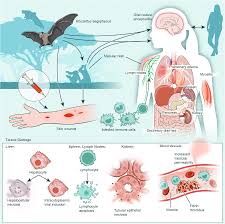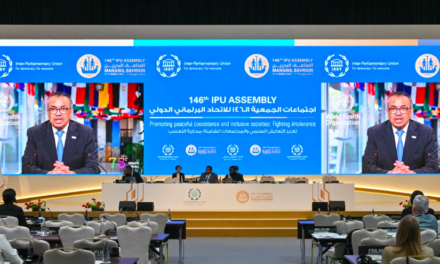
A recent extensive study uncovered the staggering financial impact of plastic pollution caused by cigarette waste, amounting to a yearly expense of $26 billion globally. China, the world’s top consumer of cigarettes, contributes approximately 20% to this substantial cost, totaling half of the world’s cigarette consumption.
Conducted by the Global Centre for Good Governance in Tobacco Control based in Thailand, the study projects a staggering estimate of $186 billion in costs over the next decade, emphasizing the urgent need to address the hazardous and prevalent nature of cigarette filters in marine pollution. The study advocates for specific assessments of waste management and environmental expenses to hold the tobacco industry accountable for this pollution.
While countries are progressing in crafting policies to combat plastic pollution, particularly targeting single-use plastics, the detrimental impact of tobacco-related plastic waste remains inadequately acknowledged, as highlighted by Deborah Sy, the study’s author, in the Tobacco Control journal.
Echoing this concern, the World Health Organization (WHO) urges policymakers to classify cigarette filters as single-use plastics and contemplate banning them, emphasizing the imperative to safeguard public health and the environment from their hazardous consequences.
Deborah Sy emphasizes that cigarette butts are not merely litter but represent a ticking environmental time bomb due to their toxic nature.
China, with over 300 million smokers accounting for almost one-third of the global total, witnesses over 1 million deaths annually from tobacco-related illnesses, underlining the severe health consequences of tobacco use.
Globally, tobacco claims the lives of more than 8 million individuals each year, including approximately 1.3 million non-smokers who suffer from exposure to second-hand smoke.
The WHO notes that about 80% of the world’s 1.3 billion tobacco users reside in low and middle-income countries, emphasizing the extensive global reach of tobacco’s health and economic repercussions.
The WHO further highlights the substantial economic burden arising from tobacco use, encompassing significant healthcare costs for treating tobacco-related diseases and the loss of human capital resulting from tobacco-induced illnesses and fatalities.











